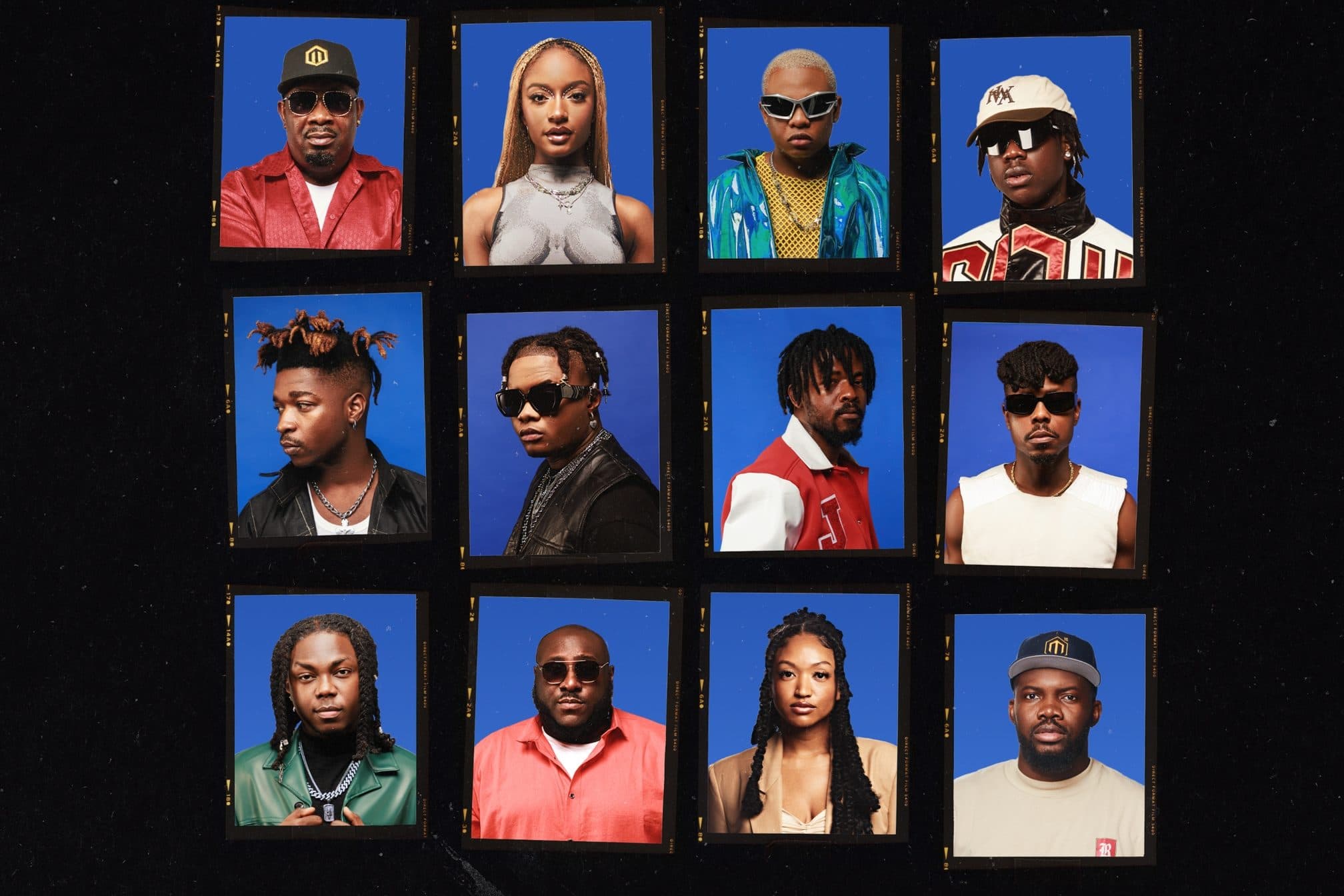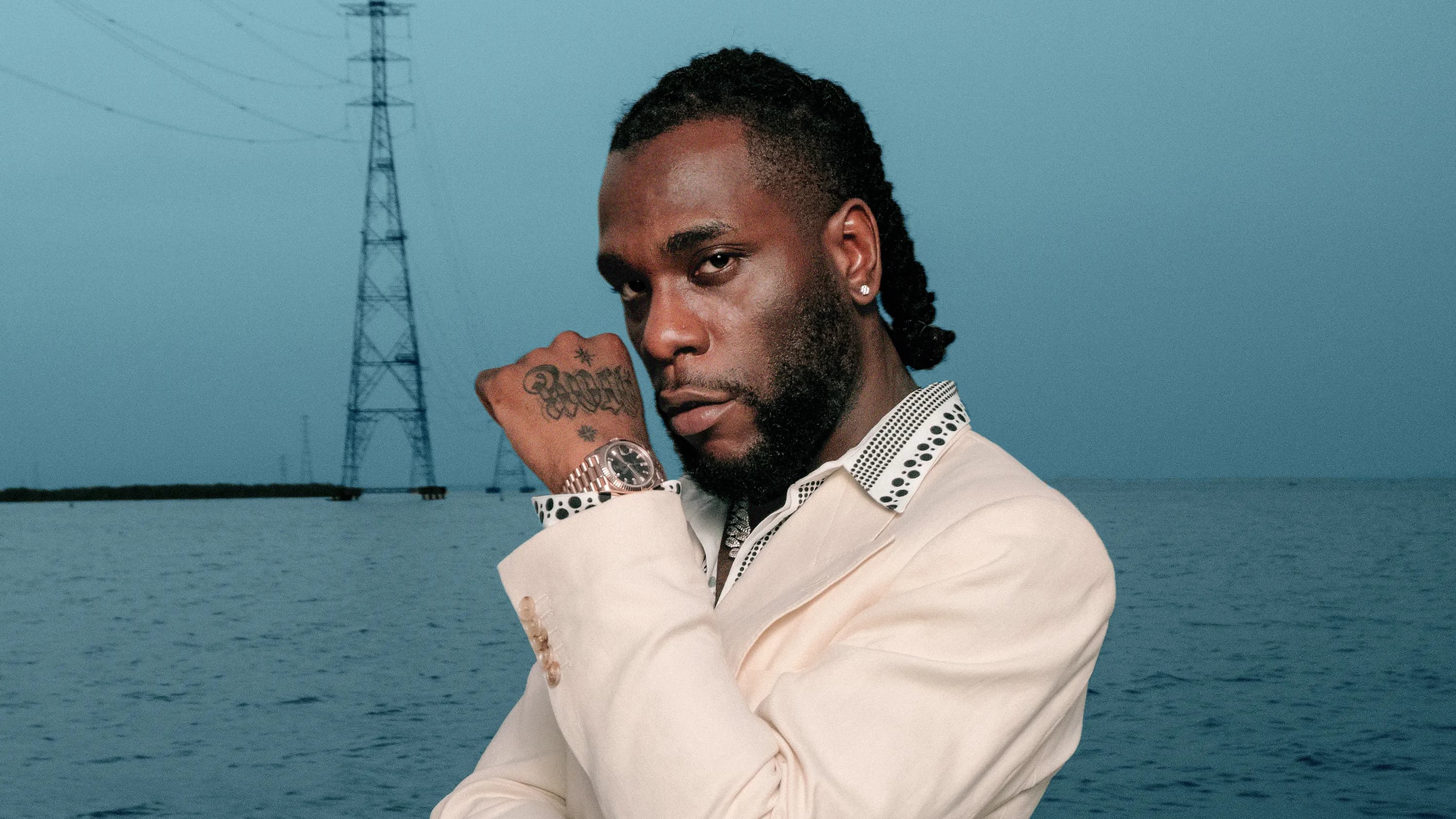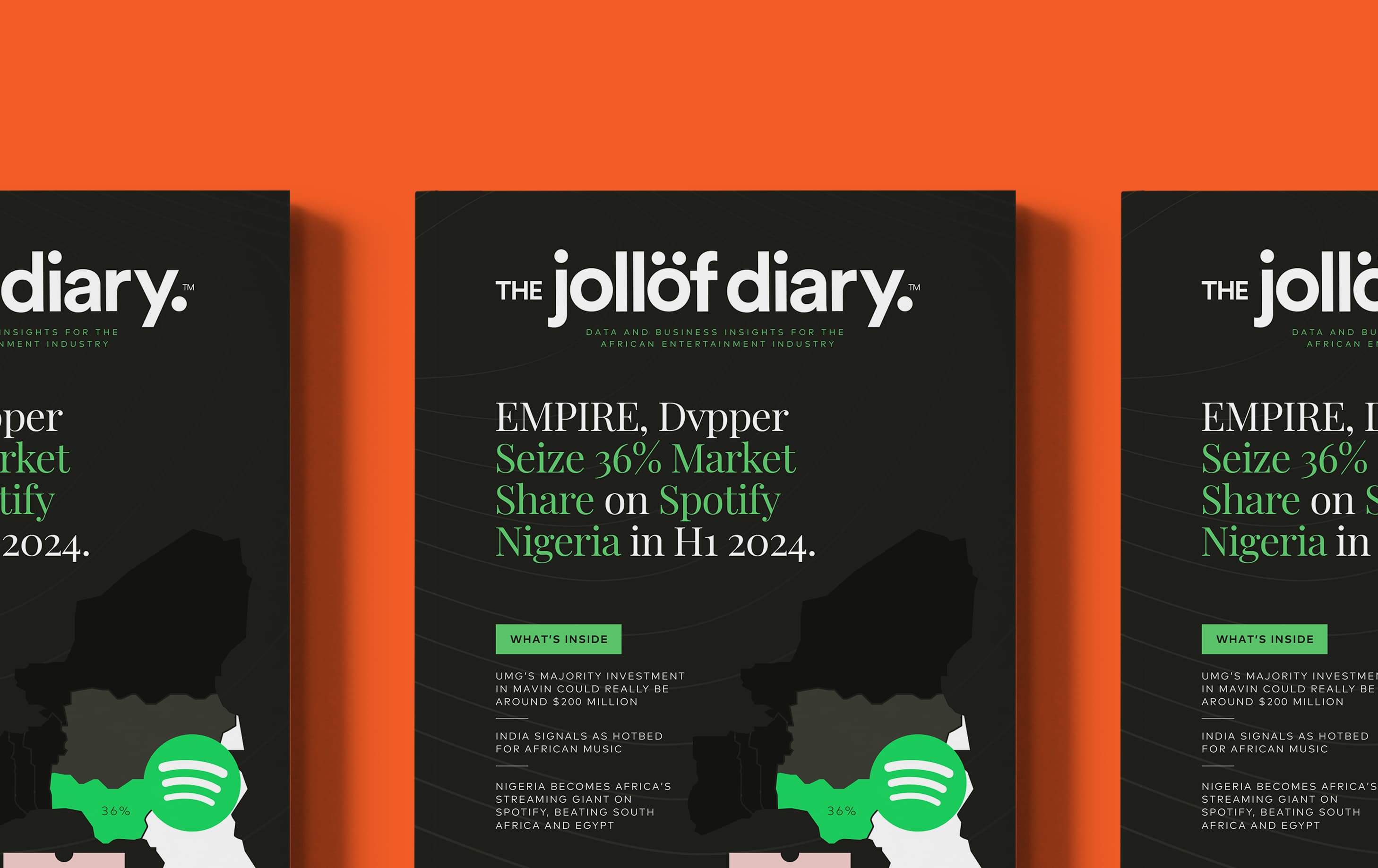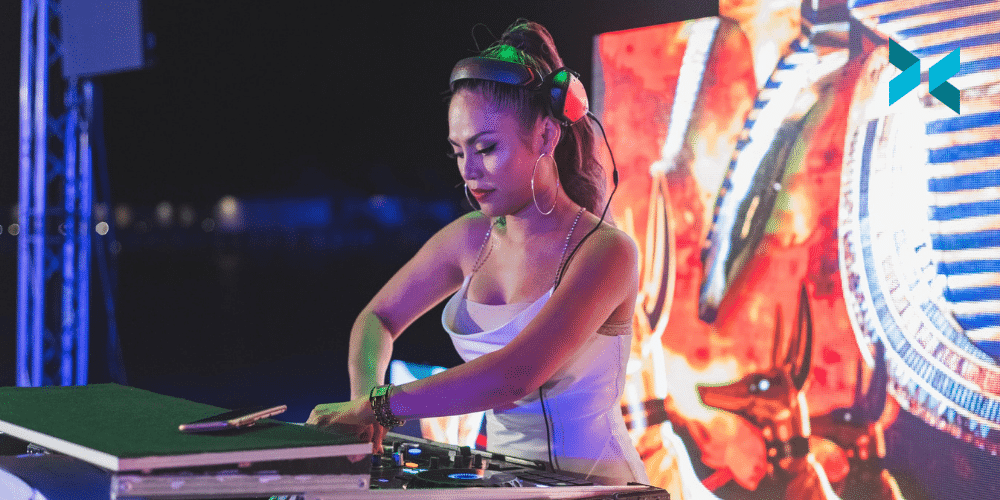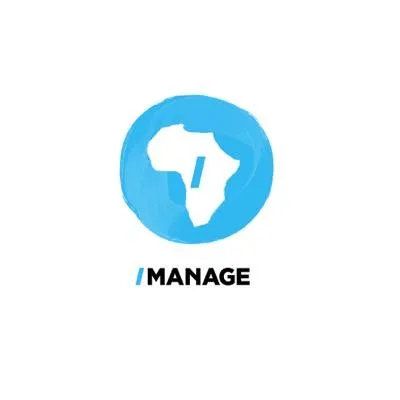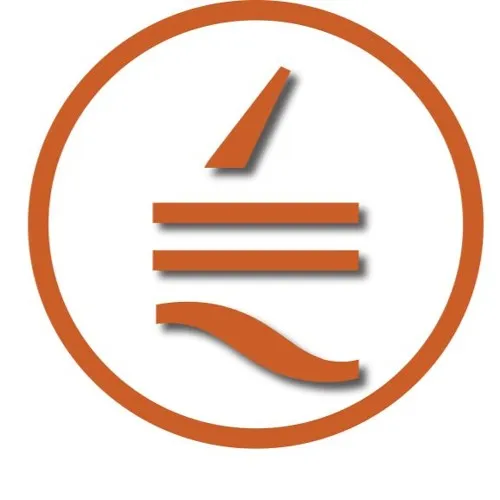Nigeria Can Take a Cue from Dubai to Leap into the Future of the Creator Economy
Nigeria has already cemented its place as a global powerhouse in music, film, literature, and extending this influence into digital content creation should be a natural next step.

As the world’s digital landscape grows, Dubai is quickly becoming a central hub for the creator economy, drawing global attention with events like the 1 Billion Followers Summit. Returning for its third year, the Summit underscores the United Arab Emirates’ strategic commitment to supporting and nurturing digital content creators through comprehensive initiatives, infrastructure, and funding. For Nigeria, a nation brimming with creative talent and a burgeoning digital media sector, there are valuable insights to be gleaned from Dubai’s approach.
Drawing Inspiration from Dubai’s Vision
The UAE has not only created a space for creatives to gather but is actively funding and developing initiatives aimed at long-term industry growth. Through Sheikh Mohammed bin Rashid’s $40.8 million fund and the establishment of Creators HQ, Dubai aims to propel the region’s digital media scene to global prominence. This fund goes beyond one-off financial support, offering year-round resources, mentorship, and a dedicated headquarters for influencers and creators to collaborate, learn, and grow.
The UAE’s approach is strategic: it combines direct financial backing with an environment designed to foster innovation. By connecting local talent with international influencers and experts, Dubai offers creators a global stage on which to grow. The Summit itself is designed to engage creators across every level, offering not only opportunities for networking and professional development but also incentives such as the $1 million award for creators whose work impacts communities positively.
How Nigeria Can Key In
Nigeria already has the raw talent to compete on a global stage, with a young, internet-savvy population driving much of its creative output. However, scaling that talent to become a sustainable, globally competitive sector requires a structure similar to Dubai’s model.
- Establishing Dedicated Creator Hubs: Like Dubai’s Creators HQ, Nigeria could benefit from spaces where digital creators can access necessary resources—studios, high-speed internet, mentorship programs, and training in areas like digital marketing and content monetization. A dedicated hub could foster collaboration, bringing Nigeria’s creators, who are often spread across regions, into a centralized network that encourages skill-sharing and innovation. We’re working on something around this with a few great minds. We have secured the real estate and are actively seeking relevant partnerships to bring this vision to life. Kindly write back to me if you’d like to know more.
- Government-Backed Funding Initiatives: Dubai’s $40.8 million fund highlights the UAE’s recognition of the creator economy as a valuable industry. For Nigeria, a similar fund or governmental support initiative could help creators take their ideas from concept to execution, offering financial backing for new projects. Such funding, managed by a public-private partnership, could provide grants and low-interest loans to startups and creator-led businesses with high-growth potential.
- Incentivizing Impactful Content Creation: The 1 Billion Followers Summit’s focus on “Content for Good” demonstrates that creators can be encouraged to make a positive impact. Nigerian initiatives could follow suit by prioritizing and rewarding content that addresses social issues, economic empowerment, and community building. A national award or recognition program would not only amplify the work of Nigerian creators but also inspire others to produce socially meaningful content. Content by creators like Aproko Doctor for Health, Timi Agbaje for Law are great examples.
- International Exposure through Events and Competitions: By inviting global thought leaders and influencers to Nigeria for a similar annual summit, the country could open doors for collaborations with international brands and investors. Nigerian creators would gain the chance to pitch their ideas on a larger platform, mirroring the “Shark Tank” experience seen at the Summit. Such an event could be a win-win, fostering innovation within Nigeria while providing global exposure for its creators.
- Education and Mentorship Programs: Dubai’s New Media Academy empowers creators by providing practical skills, tools, and knowledge. For Nigerian creators to scale and sustain growth, they too need access to ongoing education and mentorship. Nigeria could look at programs focusing on content strategy, platform-specific marketing, and analytics, equipping creators with the skills to build profitable and impactful brands long-term.
Nigeria has already cemented its place as a global powerhouse in music, film, and literature, and extending this influence into digital content creation should be a natural next step. We've seen the impact of Nigerian culture online, with global audiences on platforms like TikTok and YouTube embracing everything from our [Egusi 💀] lore to our speak [Nicki Minaj went full pidgin - Abeg!!]. International creators, too, are taking note—spotting Nigeria as a key destination on their global tours, from Kai Cenat to Druski. With young, internet-savvy Nigerians increasingly looking to digital platforms as both a creative outlet and a means of economic empowerment, the creator economy offers Nigeria a new frontier for growth.
On a seemingly brighter note, Afreximbank Doubles CANEX Funding to $2 Billion to Power Africa's Creative Economy
Afreximbank is set to double its funding for the Creative Africa Nexus (CANEX) program, raising it from $1 billion to $2 billion over the next three years to support Africa’s booming creative economy. Announced by President Benedict Oramah during CANEX WKND 2024 in Algiers, this move reflects the bank's commitment to addressing the rising demand across creative industries like film, music, fashion, and sports.
The decision builds on Afreximbank's previous funding increases, starting with $500 million in 2020 and rising to $1 billion in 2022. The expanded $2 billion fund will target infrastructure development, including film production facilities, music arenas, sports stadiums, and fashion hubs, while also focusing on talent development and innovative financing solutions. A $500 million private equity film fund will be created to support African filmmakers.
The bank also aims to boost collaborations between Africa and the Diaspora, further promoting African creativity on the global stage.


